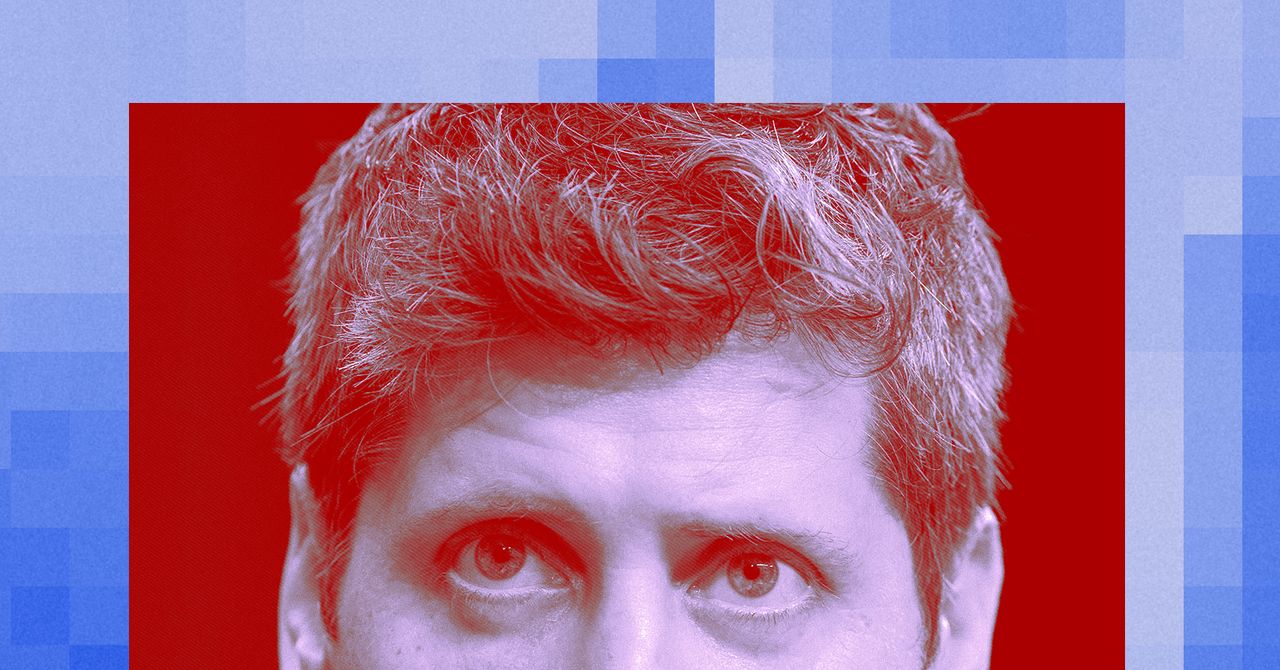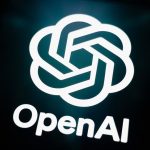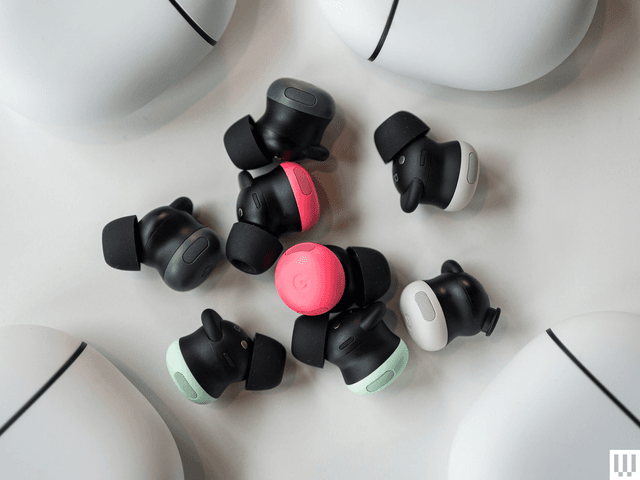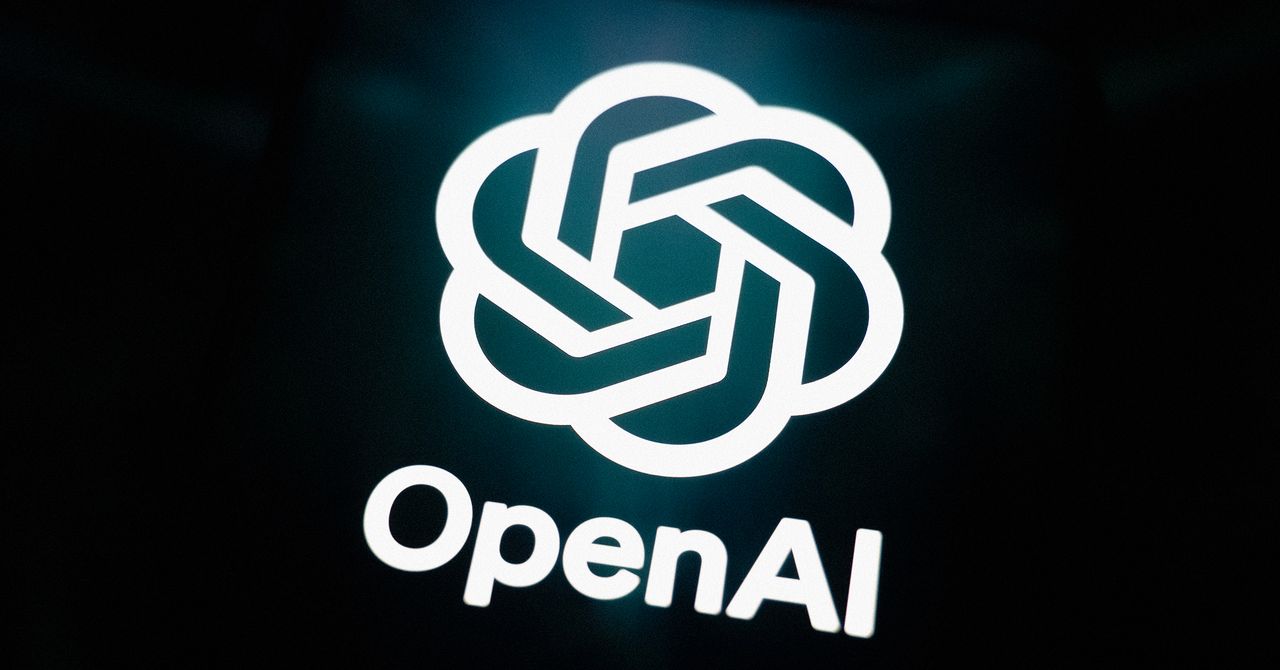
OpenAI’s August launch of its GPT-5 large language model was somewhat of a disaster. There were glitches during the livestream, with the model generating charts with obviously inaccurate numbers. In a Reddit AMA with OpenAI employees, users complained that the new model wasn’t friendly, and called for the company to restore the previous version. Most of all, critics griped that GPT-5 fell short of the stratospheric expectations that OpenAI has been juicing for years. Promised as a game changer, GPT-5 might have indeed played the game better. But it was still the same game.
Skeptics seized on the moment to proclaim the end of the AI boom. Some even predicted the beginning of another AI Winter. “GPT-5 was the most hyped AI system of all time,” full-time bubble-popper Gary Marcus told me during his packed schedule of victory laps. “It was supposed to deliver two things, AGI and PhD-level cognition, and it didn’t deliver either of those.” What’s more, he says, the seemingly lackluster new model is proof that OpenAI’s ticket to AGI—massively scaling up data and chip sets to make its systems exponentially smarter—can no longer be punched. For once, Marcus’ views were echoed by a sizable portion of the AI community. In the days following launch, GPT-5 was looking like AI’s version of New Coke.
Sam Altman isn’t having it. A month after the launch he strolls into a conference room at the company’s newish headquarters in San Francisco’s Mission Bay neighborhood, eager to explain to me and my colleague Kylie Robison that GPT-5 is everything that he’d been touting, and that all is well in his epic quest for AGI. “The vibes were kind of bad at launch,” he admits. “But now they’re great.” Yes, great. It’s true the criticism has died down. Indeed, the company’s recent release of a mind-bending tool to generate impressive AI video slop has diverted the narrative from the disappointing GPT-5 debut. The message from Altman, though, is that naysayers are on the wrong side of history. The journey to AGI, he insists, is still on track.
Numbers Game
Critics might see GPT-5 as the waning end of an AI summer, but Altman and team argue that it cements AI technology as an indispensable tutor, a search-engine-killing information source, and, especially, a sophisticated collaborator for scientists and coders. Altman claims that users are beginning to see it his way. “GPT-5 is the first time where people are, ‘Holy fuck. It’s doing this important piece of physics.’ Or a biologist is saying, ‘Wow, it just really helped me figure this thing out,’” he says. “There’s something important happening that did not happen with any pre-GPT-5 model, which is the beginning of AI helping accelerate the rate of discovering new science.” (OpenAI hasn’t cited who those physicists or biologists are.)
So why the tepid initial reception? Altman and his team have sussed out several reasons. One, they say, is that since GPT-4 hit the streets, the company delivered versions that were themselves transformational, particularly the sophisticated reasoning modes they added. “The jump from 4 to 5 was bigger than the jump from 3 to 4,” Altman says. “We just had a lot of stuff along the way.” OpenAI president Greg Brockman agrees: “I’m not shocked that many people had that [underwhelmed] reaction, because we’ve been showing our hand.”
OpenAI also says that since GPT-5 is optimized for specialized uses like doing science or coding, everyday users are taking a while to appreciate its virtues. “Most people are not physics researchers,” Altman observes. As Mark Chen, OpenAI’s head of research, explains it, unless you’re a math whiz yourself, you won’t care much that GPT-5 ranks in the top five of Math Olympians, whereas last year the system ranked in the top 200.
As for the charge about how GPT-5 shows that scaling doesn’t work, OpenAI says that comes from a misunderstanding. Unlike previous models, GPT-5 didn’t get its major advances from a massively bigger dataset and tons more computation. The new model got its gains from reinforcement learning, a technique that relies on expert humans giving it feedback. Brockman says that OpenAI had developed its models to the point where they could produce their own data to power the reinforcement learning cycle. “When the model is dumb, all you want to do is train a bigger version of it,” he says. “When the model is smart, you want to sample from it. You want to train on its own data.”









